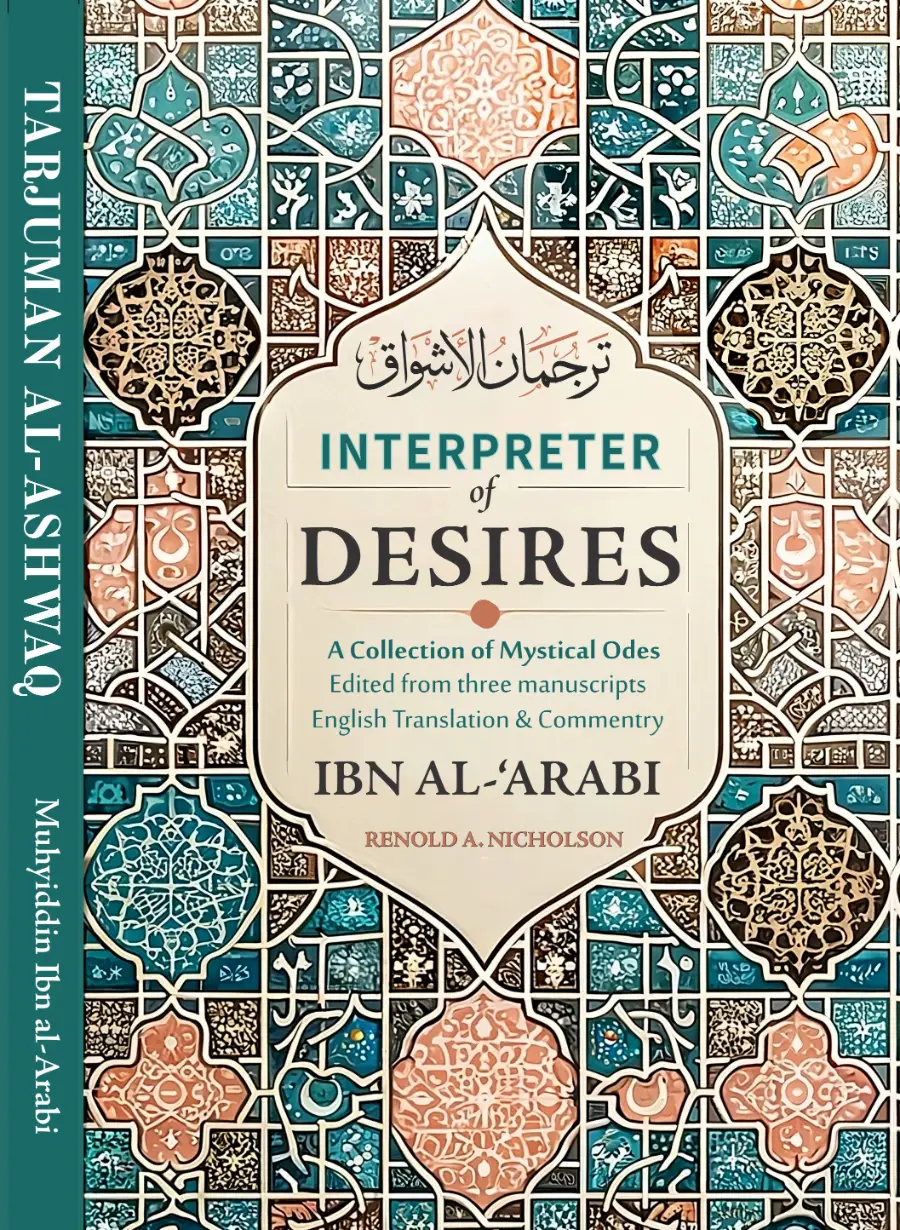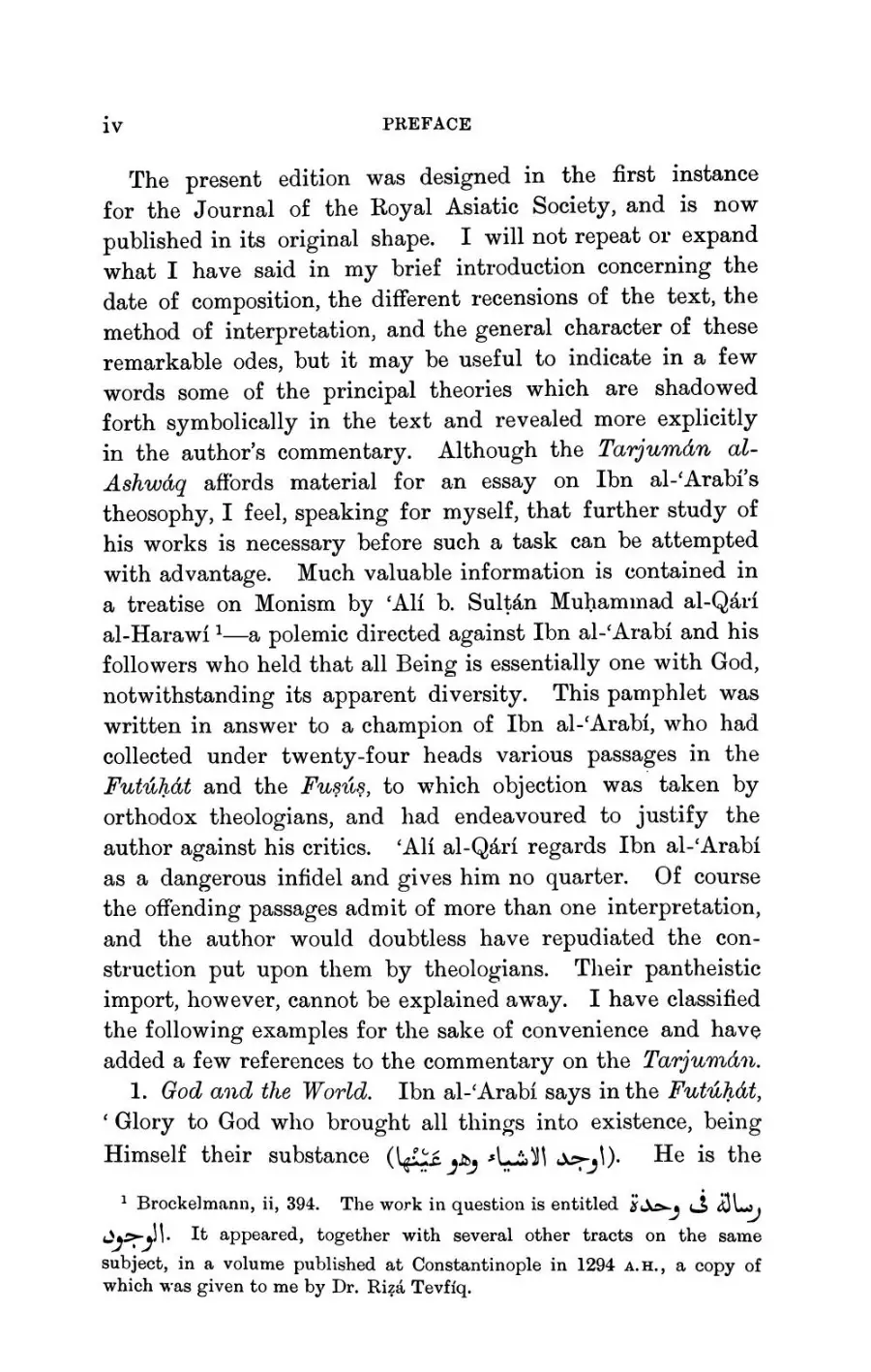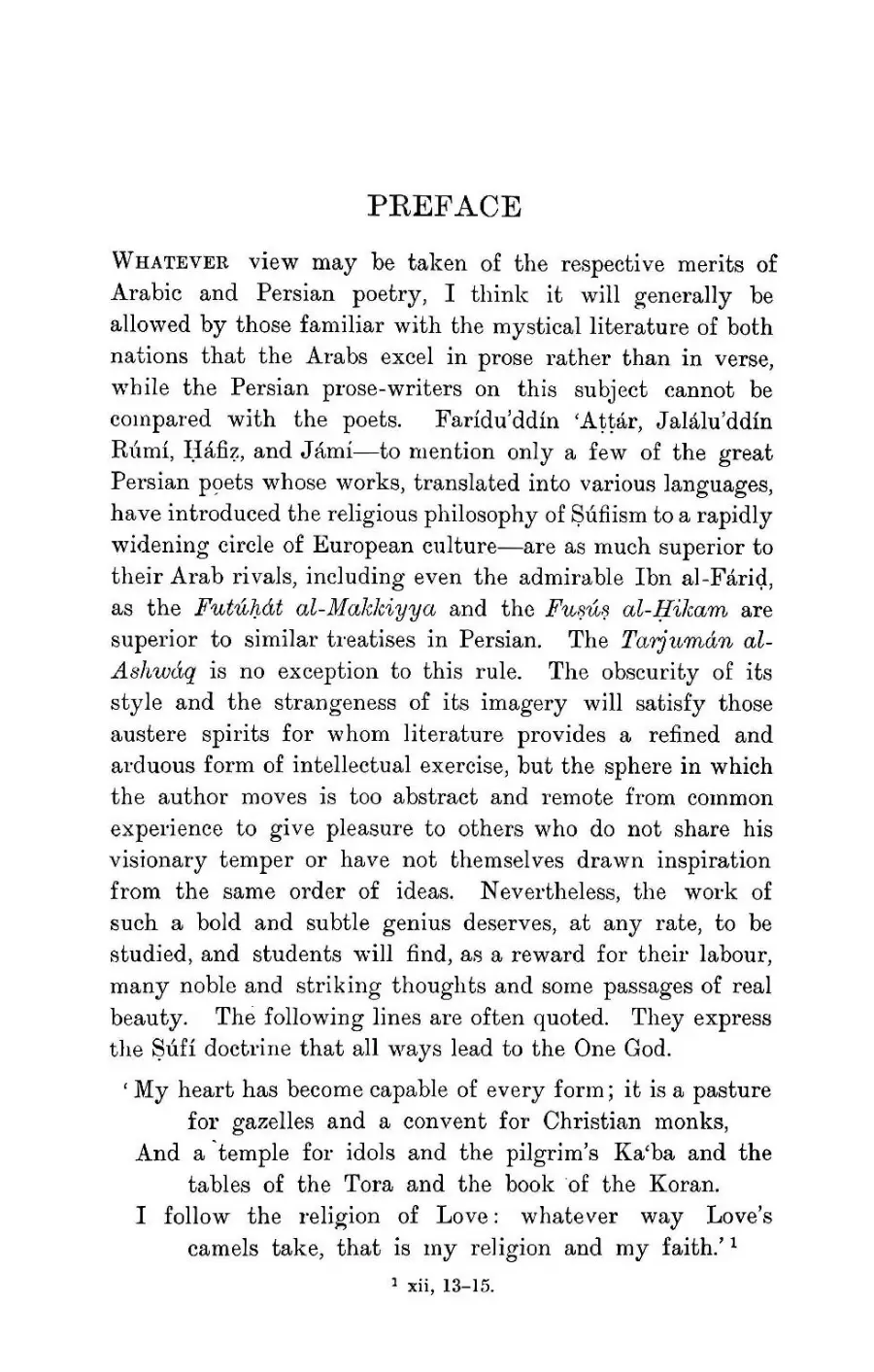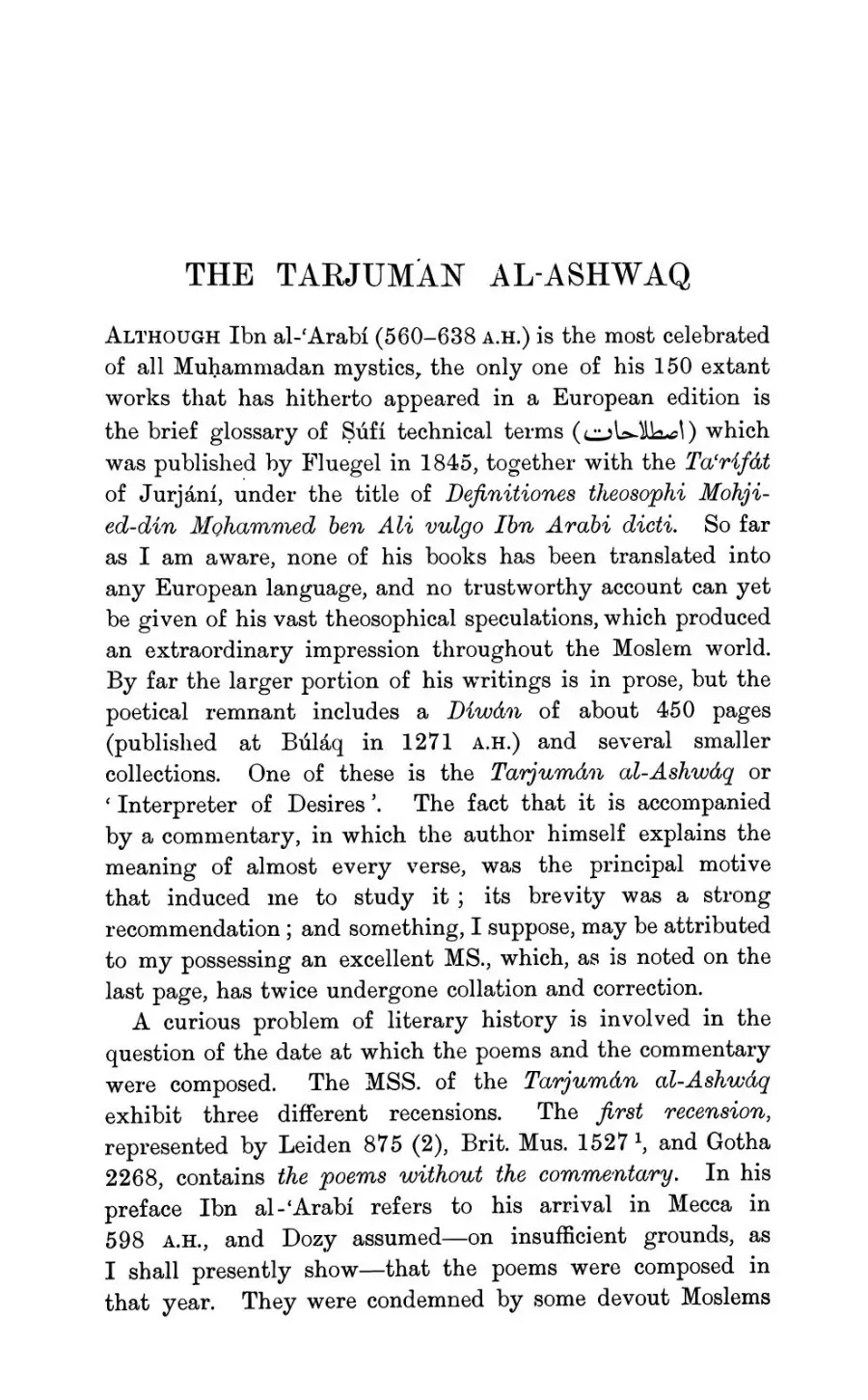- Your cart is empty
- Continue Shopping
Tarjuman al-ashwaq | A collection of Mystical Odes | Arabic + English
-33%Featured₨ 999Current price is: ₨ 999. Original price was: ₨ 1,500.
Author: Muhiyuddin Ibn al-Arabi.
Translator: Renold A. Nicholson
Pages: 168
Publisher: Ibn al-Arabi Books
Year 2024
Availability: 40 in stock
Frequently Bought Together
Add to cart
Buy Now
| Weight | 0.35 kg |
|---|---|
| Binding | |
| Edition | |
| Paper type | |
| Printing Quality | |
| Langauge |











3 reviews for Tarjuman al-ashwaq | A collection of Mystical Odes | Arabic + English
There are no reviews yet.